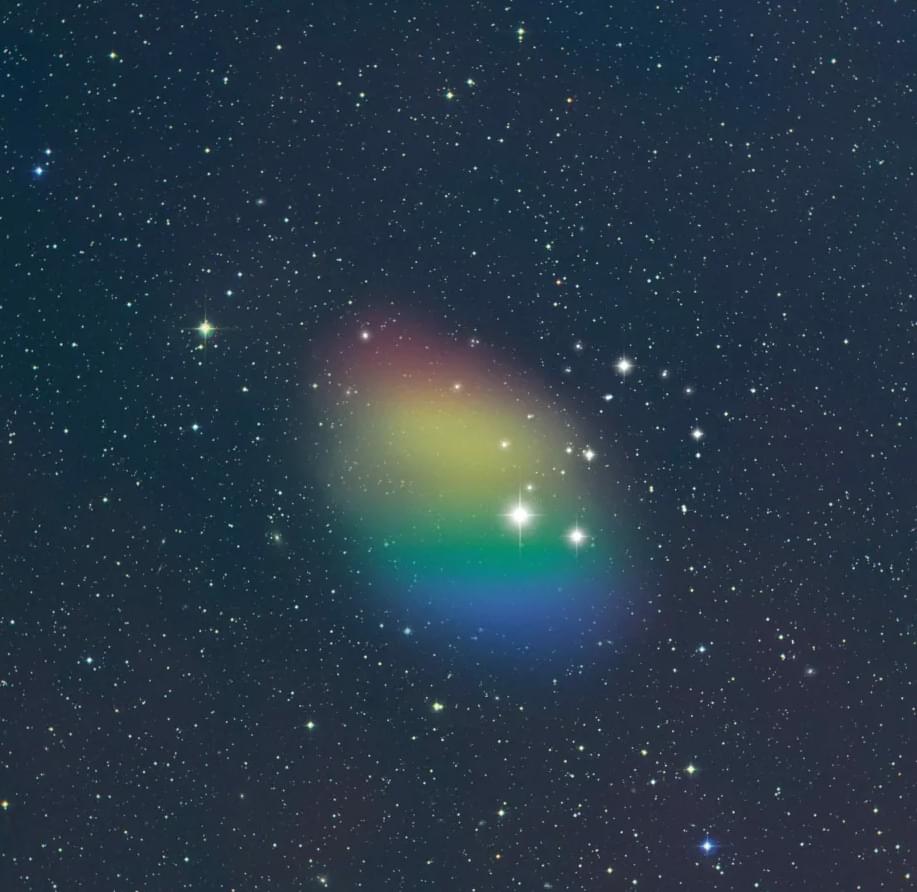Relationship of the photon to cosmology and the origin of the universe.
Shared with Dropbox.
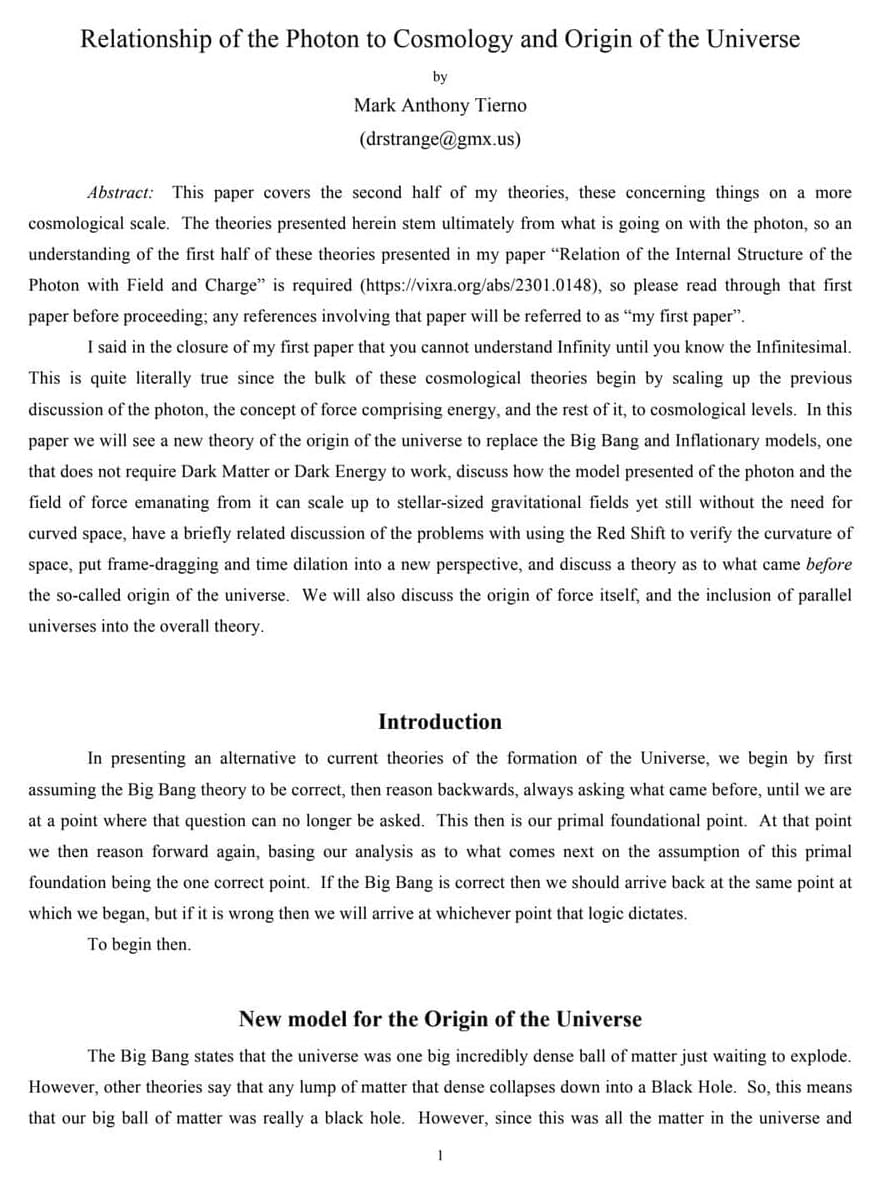
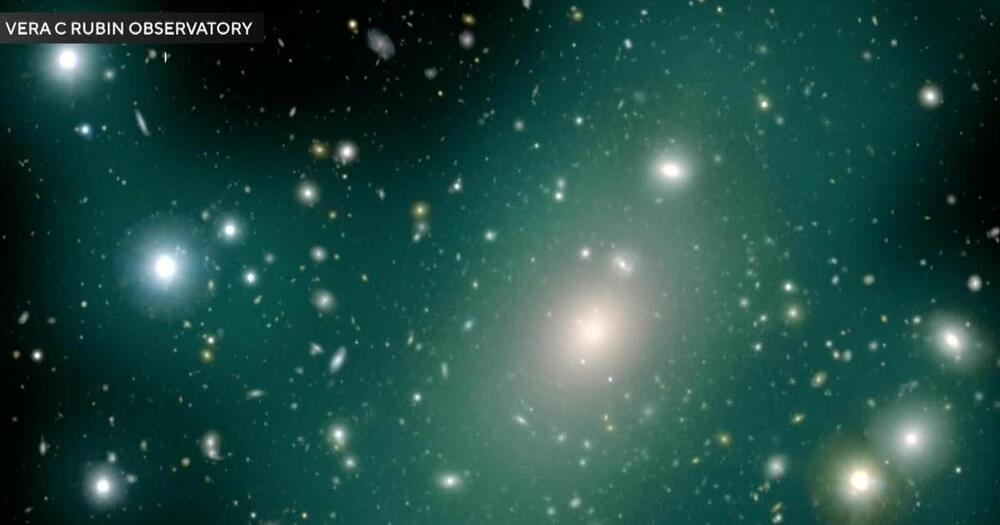
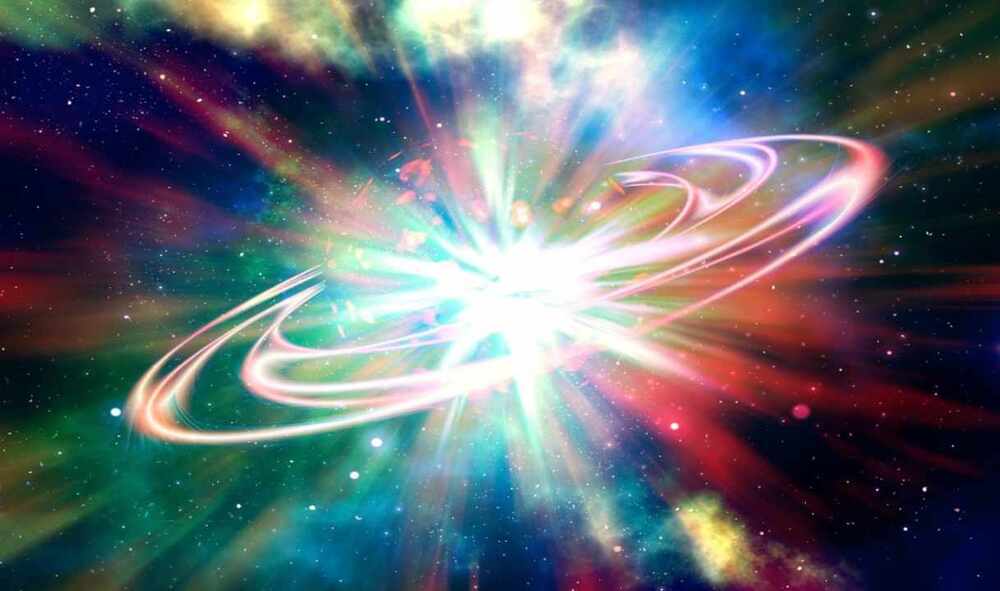
The discovery of a second ultra-large structure in the remote universe has further challenged some of the basic assumptions about cosmology.
The Big Ring in the Sky is 9.2 billion light-years from Earth. It has a diameter of about 1.3 billion light-years, and a circumference of about 4 billion light-years. If we could step outside and see it directly, the diameter of the Big Ring would need about 15 full moons to cover it.
It is the second ultra-large structure discovered by University of Central Lancashire (UCLan) Ph.D. student Alexia Lopez who, two years ago, also discovered the Giant Arc in the Sky. Remarkably, the Big Ring and the Giant Arc, which is 3.3 billion light-years across, are in the same cosmological neighborhood—they are seen at the same distance, at the same cosmic time, and are only 12 degrees apart in the sky.
Phenomenon could account for universe’s mysterious dark matter.
Researchers have identified the oldest black hole ever observed, dating from the beginning of the universe, and determined that it is ‘eating’ its host galaxy to death. The study, published in the journal Nature, used the James Webb Space Telescope (JWST) to locate the black hole, which formed 400 million years after the Big Bang, more than 13 billion years ago.
#blackhole #jameswebbspacetelescope #wion.
About Channel:
WION The World is One News examines global issues with in-depth analysis. We provide much more than the news of the day. Our aim is to empower people to explore their world. With our Global headquarters in New Delhi, we bring you news on the hour, by the hour. We deliver information that is not biased. We are journalists who are neutral to the core and non-partisan when it comes to world politics. People are tired of biased reportage and we stand for a globalized united world. So for us, the World is truly One.
Please keep discussions on this channel clean and respectful and refrain from using racist or sexist slurs and personal insults.
Check out our website: http://www.wionews.com.
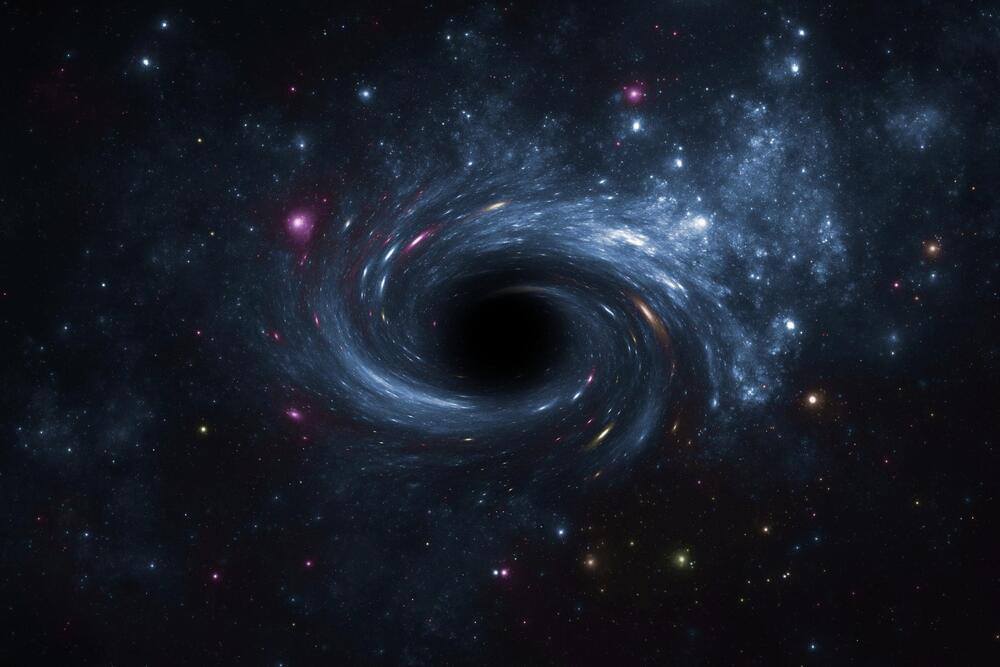
Researchers using the James Webb Space Telescope have uncovered the oldest black hole ever detected—and declared a new era in astronomy.
It was found at the center of GN-z11, a galaxy first discovered in 2017, about 13.4 billion light-years away from our Milky Way galaxy—but about 100 times smaller. That means it exists just 400 million years after the Big Bang, which is thought to have created the universe. However, the black hole looks to be about a billion years old, suggesting problems with theories about how quickly black holes form.
The discovery, announced in a paper published today in the journal Nature, is the result of the sensitivity of JWST, which can see deep into the infrared, detecting old light that has been traveling across deep since the dawn of time.
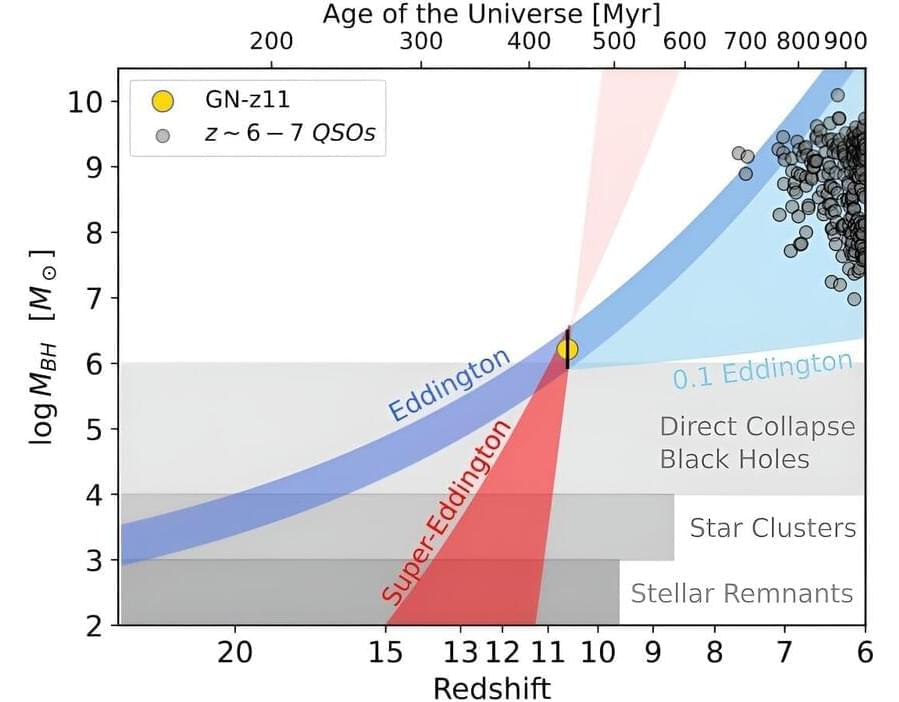
Researchers have discovered the oldest black hole ever observed, dating from the dawn of the universe, and found that it is ‘eating’ its host galaxy to death.
The international team, led by the University of Cambridge, used the NASA/ESA/CSA James Webb Space Telescope (JWST) to detect the black hole, which dates from 400 million years after the Big Bang, more than 13 billion years ago. The results, which lead author Professor Roberto Maiolino says are “a giant leap forward,” are reported in the journal Nature.
That this surprisingly massive black hole —a few million times the mass of our sun—even exists so early in the universe challenges our assumptions about how black holes form and grow. Astronomers believe that the supermassive black holes found at the center of galaxies like the Milky Way grew to their current size over billions of years. But the size of this newly-discovered black hole suggests that they might form in other ways: they might be ‘born big’ or they can eat matter at a rate that’s five times higher than had been thought possible.
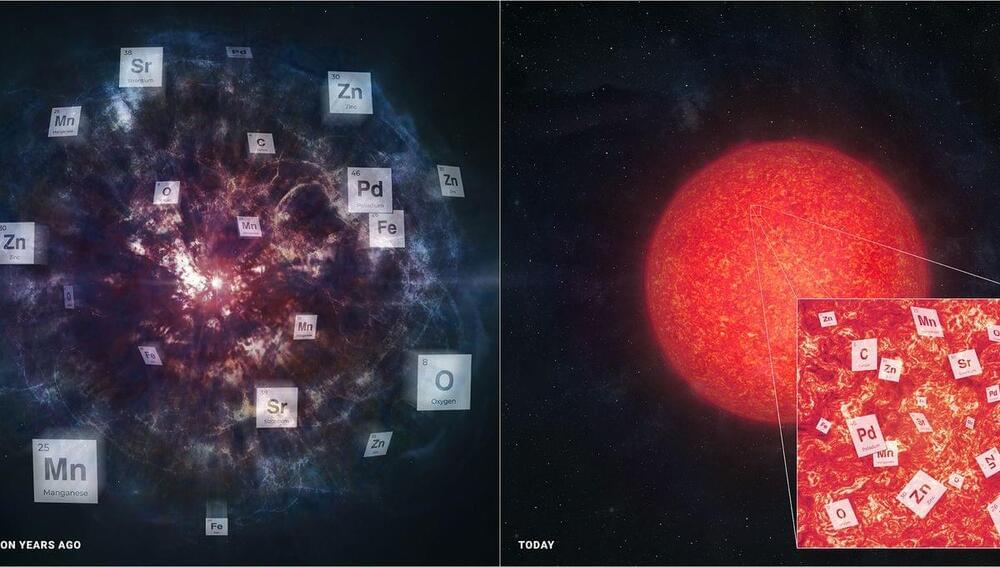

Black holes can be difficult to study, so researchers have made a powerful quantum vortex in a tank of superfluid helium that acts as a simulation of a black hole.
By Leah Crane
